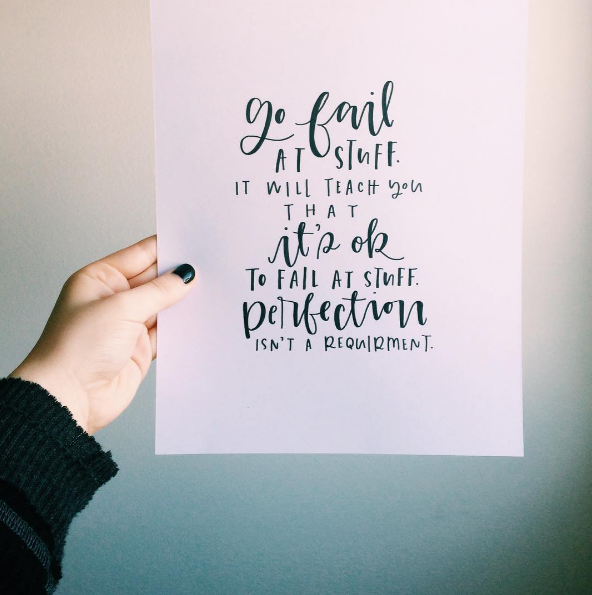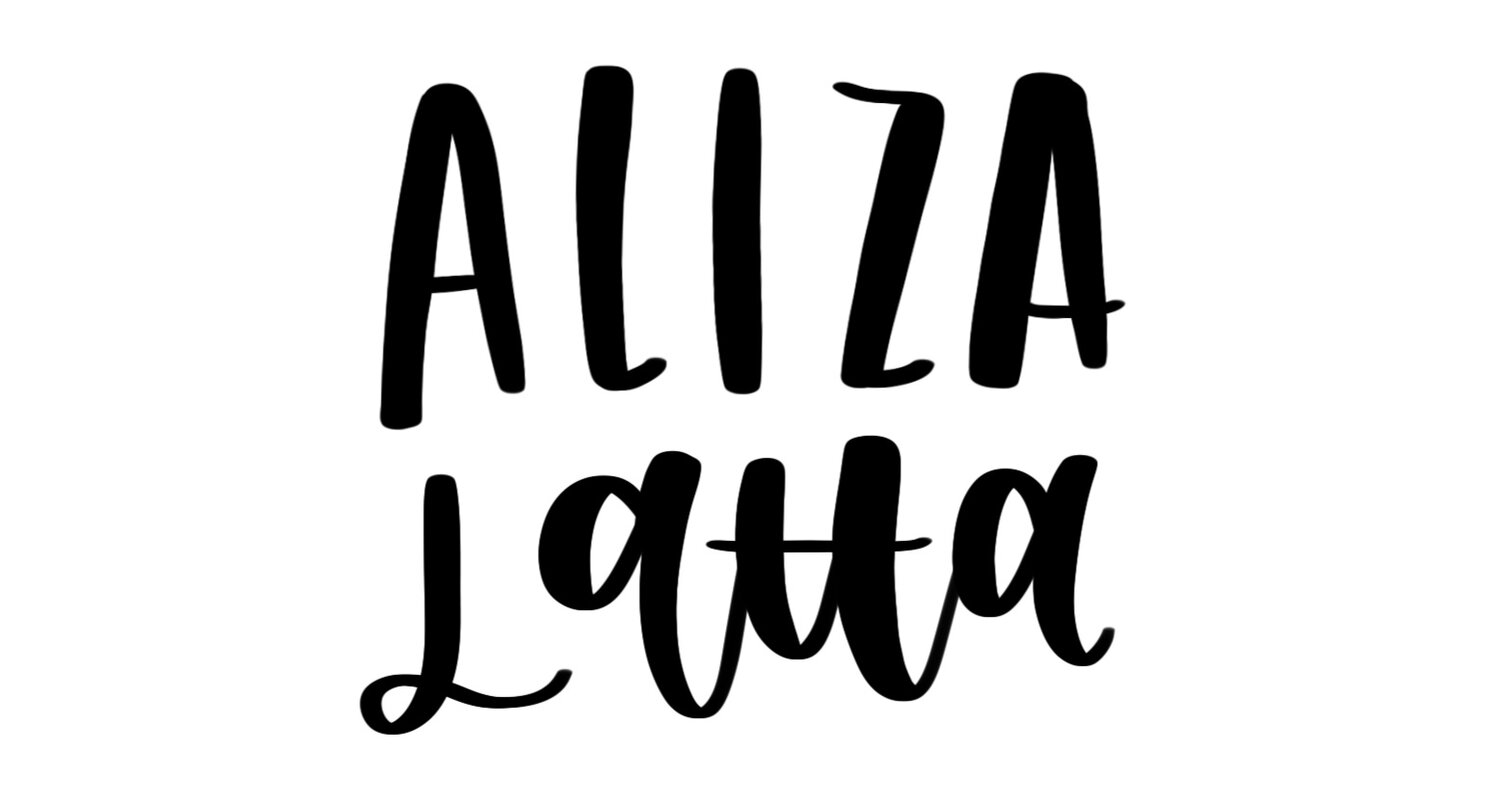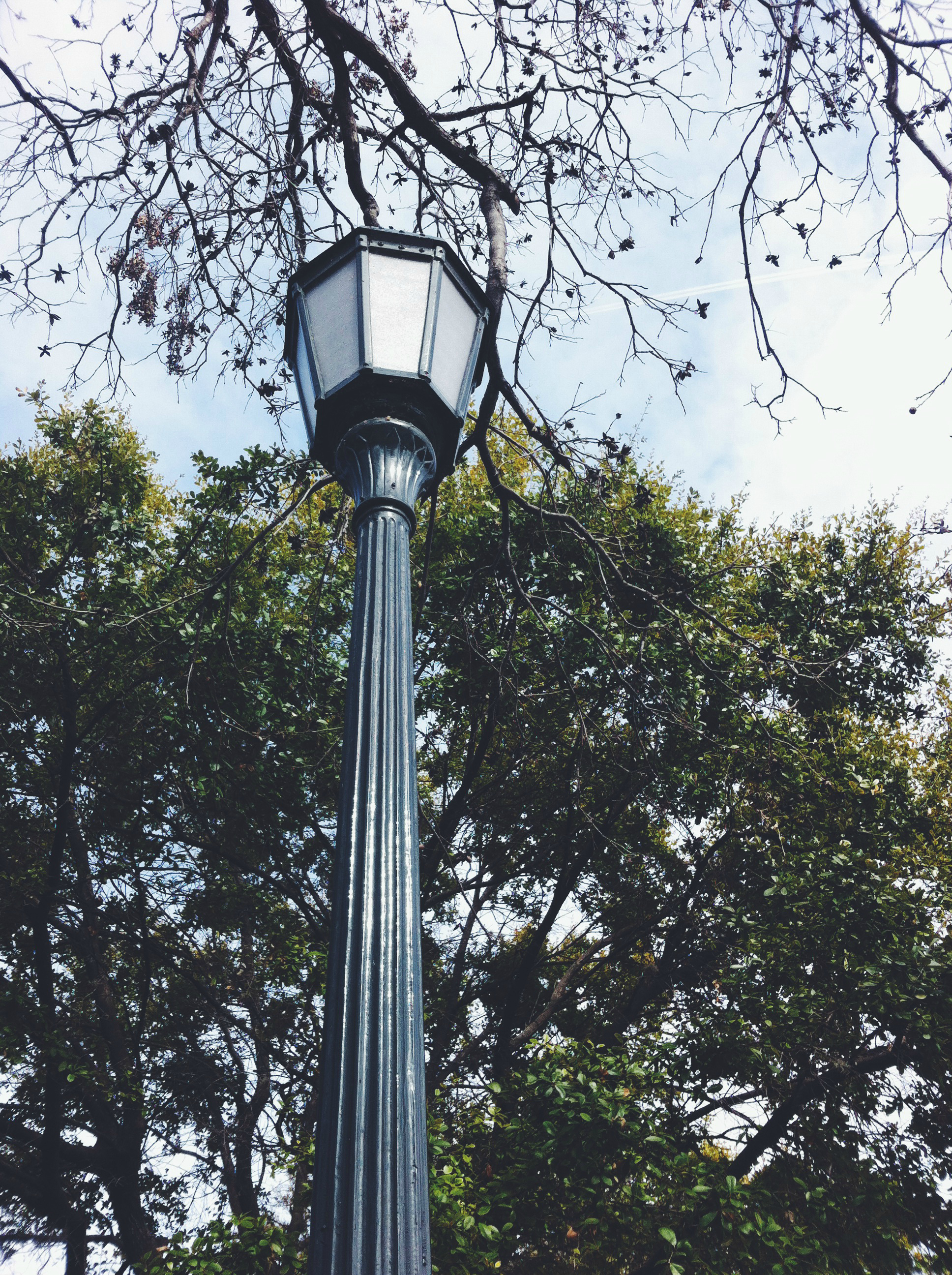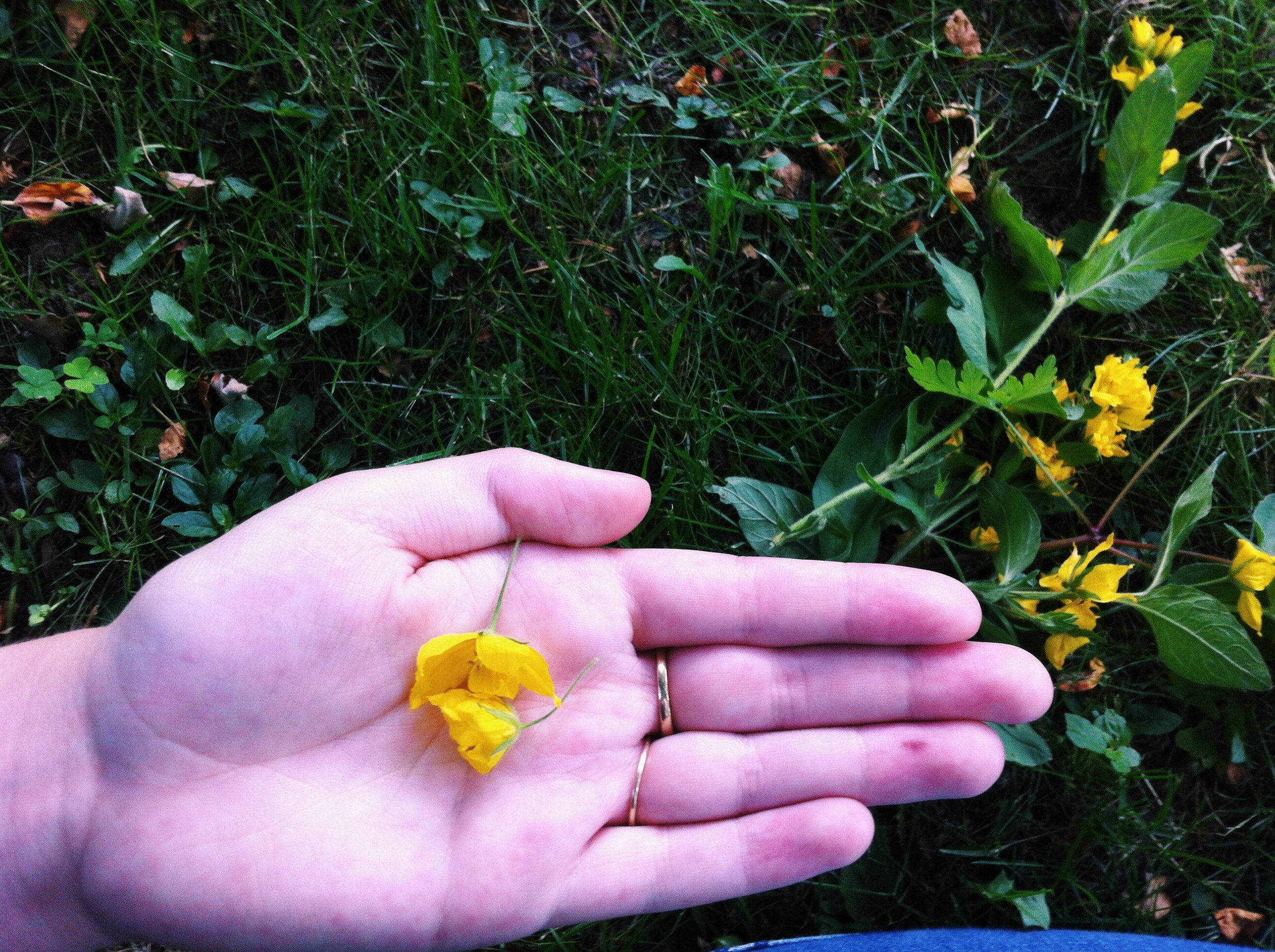 It was two in the morning and I was wide awake. My body was exhausted. It felt as though my lungs were made of bricks, heavy and full. If I tried to get out of bed, I knew I would tip over.
It was two in the morning and I was wide awake. My body was exhausted. It felt as though my lungs were made of bricks, heavy and full. If I tried to get out of bed, I knew I would tip over.
I could see my failures play like a movie in front of me. It was as if there was a projector reeling videos on my white wall beside me -- everything was abundantly clear. There I was: failing, sinning, screwing up again and again. I sat on my bed and watched the movie clips play in my head.
Tears streamed.
"I am a failure," I told Jesus. "Look at all of the times I have failed you. Look at the moments I chose to ignore you. Look at this pile of shame."
I was small and cold and sad. But I didn't feel alone. It was 2 am, and I felt like Jesus was sitting there beside me.
I felt like soft clay. My hardened edges were long gone. I was too tired to carry them with me any longer. In my softness I heard these words, "You have to grieve these moments. See them all and grieve them, Aliza. But once you're done grieving you need to move past them, and know that they do not define you."
I wanted to be strong, not weak. Grieving felt too vulnerable. Couldn't I skip the grieving stage and simply move on to the part where I was fine again?
But it's in these moments -- the 2 am moments -- where my anxiety and shame creep in and reveal to me the state of my heart. I was not fine -- I was ashamed and untethered, barely holding on to anything or anyone. And Jesus knew what I needed: I need to see my shame and grieve -- only so I could truly move on towards healing and freedom. I needed to see all of it so I could finally leave it behind.
When the movie reel had finished playing in my head, I saw another picture: Jesus, taking all of those moments, and wiping them away. He was healing me, slowly. He was healing me, not by my own strength, but through a tenderness I could hardly stand.
I woke up the next morning, tired but not afraid.
I was clean, I was fresh, I had been entirely made new.
And I am healing.




